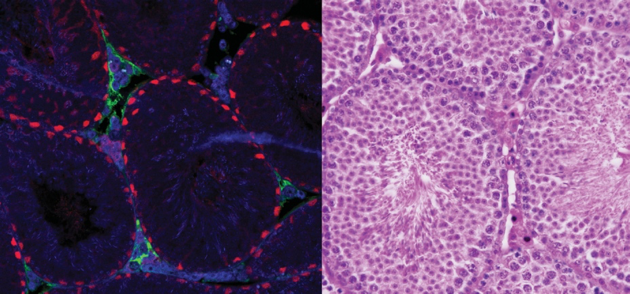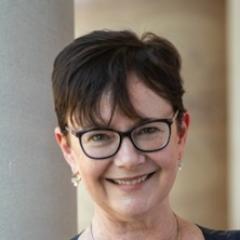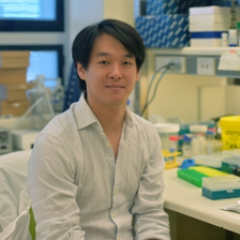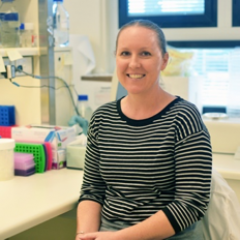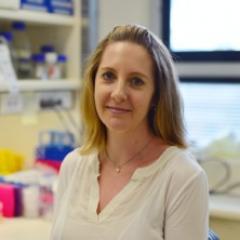Research directions
Germ cells, the precursors to sperm and eggs, provide the key to sexual reproduction and continuation of the species. Germ cells are unique in that they are the only cell type in the body capable of undergoing the special reductive cell division, termed meiosis. They also represent an abundant, genuine, stem cell population that can be investigated and manipulated in vivo. Pluripotency of male germ cells must be tightly balanced during embryonic development: sufficient numbers of pluripotent stem cells must be allocated for fertility, but unconstrained pluripotency gives rise to cancer precursors that develop into germ cell tumours of the testis after puberty.
In the Bowles Lab we investigate the role of molecular signaling pathways that control the critical processes of meiosis and germline pluripotency during both normal development (in mice) and in disease (in humans).
Understanding how stem cells control pluripotency versus differentiation is a key problem in the fields of development, reproduction and cancer. Approximately one in nine Australian couples are infertile and testis cancer accounts for more than 60% of cancers diagnosed in young men. Fundamental information regarding key signaling networks that control stem cell pluripotency, gleaned from our in vivo germ cell models, will greatly advance stem cell therapies, fertility restoration or ablation for population control as well as potential cancer prevention and treatment.
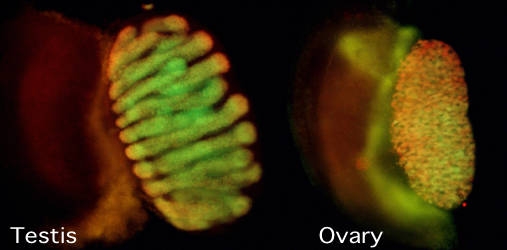 We have 3 broad programs of investigation that focus on various aspects of germ cell development:
We have 3 broad programs of investigation that focus on various aspects of germ cell development:
- Sex specific development of fetal germ cells
- Germline stem cell identity and function
- The genesis of germline tumorigenesis
Research keywords
Germ cells, development, testis, ovary, pluripotency, germ cell cancer
Current collaborations
- Professor Leendert H.J. Looijenga, Erasmus Medical Center, Rotterdam, The Netherlands
- Dr Kristian Almstrup, Copenhagen University Hospital, Copenhagen, Denmark
- Professor Moira O’Bryan, Monash University, Melbourne, Australia
Opportunities for new researchers
Positions are available within each research program for undergraduates, honours students, PhD students, and postdoctoral scientists, and we are happy to entertain new ideas. If you are interested in joining the lab, please contact Jo Bowles.
Current projects
Find out more about our diverse range of research interests.

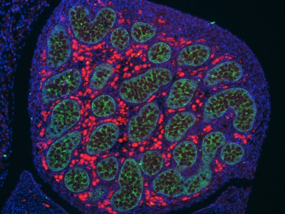 During this critical period of germ cell development, we aim to understand:
During this critical period of germ cell development, we aim to understand: